It’s time for another of our occasional A Game Called Echo posts, a newish feature where we link an older, well-regarded record with a newer one that may appeal to fans of either. If you like this feature, we’d love for you to comment and let us know, and perhaps suggest some of your own pairings.
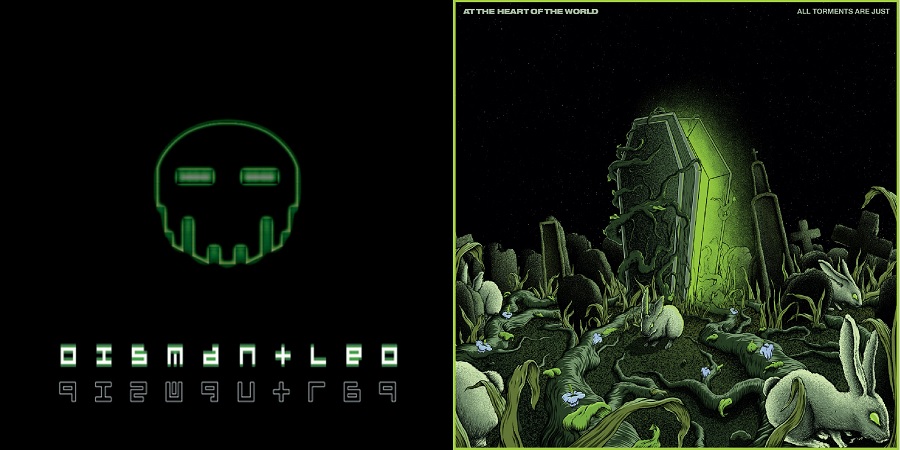
Gary Zon’s debut as Dismantled came at an interesting moment for the industrial scene. Peak futurepop was in the rearview, and the nascent aggrotech sound was still a few years away from ubiquity in clubs, a period of time where acts like Zon’s Dismantled, labelmates Imperative Reaction and Decoded Feedback were making music that was descended from 90s electro-industrial and dark electro with an ear towards more melodic composition. Dismantled’s self-titled debut is perhaps the best example of that ethos in action; drawing from the dense apocalyptic aesthetics of Front Line Assembly (“Survivor”, “Purity”), Zon injected his productions with just enough musicality to help them get across to clubgoers and home listeners alike – “Dystopian” works because its vocoded vocals and strictly programmed drums are set against a melancholic assembly of pads and samples that suggest a larger, and more emotional world than the blasted wasteland of its lyrics.
Similarly, the forthcoming compilation from Portland’s At The Heart of the World All Torments are Just (an amalgamation of 2022’s Inosculate and Paroxysm EPs) spike their mechanical rhythms and textures with plenty of easily graspable hooks and choruses, creating sonic handholds by which to approach them. “Cut In, Burn Deep” is driven by a fast-moving synth bassline and thudding drum programming, its snatches of clean vocals and and their accompanying synthlines given more humanity by their mechanized surroundings. “Rend Your Heart, Wreck Your Flesh” reverses that effect by emphasizing an organically performed verse, only to have it corroded by sharp synth textures, its sneaky catchiness hidden beneath its bionic facade. Whether its a case of influence or just parallel evolution separated by a few decades, its a specific shading of the genre that is too infrequently invoked.

It’s tough to convince younger goths that an odd intersection of both goths and yoga people were regularly getting their bone on to Enigma in the early 90s, let alone that MCMXC a.D. helped to kickstart a brief broader cultural fascination with Gregorian chant. Whatever its idiosyncrasies (or Michael Cretu’s numerous sampling snafus), the 12 million plus selling record’s combination of contemporaneous dance and new age sounds found purchase in the corners of various impressionable youths who’d go on to see links between Enigma’s metaphysical eroticism and various stripes of darkwave and related genres when they began producing their own music years later. Even well on after that, the record’s electronic approach to medieval plainsong would find purchase with another wave of (quite literally) underground music…
Much like punk, black metal, and witch house before it, the dungeon synth fad almost immediately exploded into countless shards (not unlike the manifold fragments of a crystal orb scattering across stygian stone after the bane sorcerer holding it is felled by a critical axe blow from a rampaging barbarian, but I digress). Given its dependence upon throwback yet atmospheric synth pads, it makes sense that certain dungeon synth sojourners might turn to new age, and specifically the contemplative and spiritually aspirant elements of Enigma. Pious Spirit, still the only release from Devoted Cleric, initiates itself into the cult of Enigma (and early Delerium) with a hermetic mix of synth strings and deep pads. From the crepuscular bird and insect sounds on both Enigma’s “Callas Went Away” and Devoted Cleric’s “Seeking Illumination” to the latter’s flute line which could appear on any number of MCMXC a.D.‘s less beat-focused tracks, there’s a real kinship between one of the 90s most ubiquitous releases and one of the most cryptic and obscure (yet deeply satisfying and relaxing) of the current labyrinth of dungeon synth.


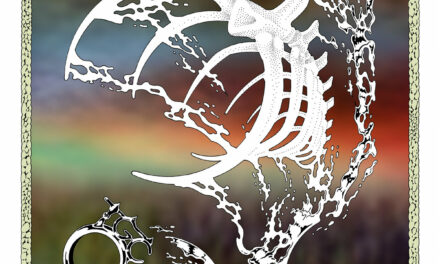
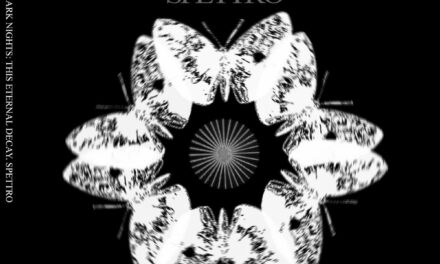
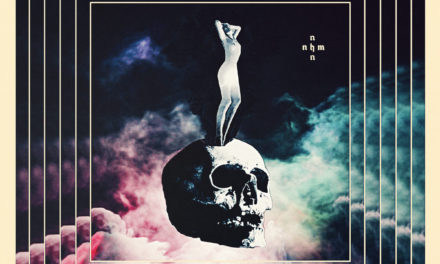
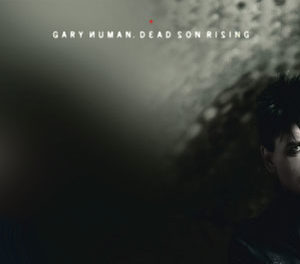
This feature has been really helpful as an old head getting back into the genre.
Two that come to mind in:
Institute for the Criminally Insane – Gekippt Kurs – Muter
Kalte Farben – Trust Statiqbloom – Asphyxia
I haven’t heard that Institute for the Criminally Insane record, but if it’s on the same wavelength as the Kurs I’ll have to check it out!